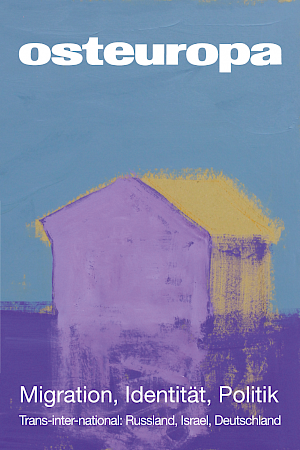Against the unequal treatment of the returnees
Late resettlers and Jewish immigrants and the pension and citizenship legislation
Deutsche Fassung
Abstract
Since 1990, Germany has accepted around 2.5 million late resettlers and 200,000 Jews from the states of the former Soviet Union. The Russian-Germans were regarded as “Volksdeutsche”, or ethnic Germans, who as such had suffered from the aftermath of the war. Jews were accepted in line with the Quota Refugee Law. The reason given for doing so was the discrimination and persecution to which all members of this group were perceived to be subjected. This different legal basis meant that this group enjoyed unequal treatment, which is particularly reflected in the pension legislation. There is no justification for this. This is not just a socio-political measure to alleviate the widespread poverty among the elderly in the Jewish community, but is far more a historical and identity policy corrective. Between 1941 and 1945, 2.9 million Soviet Jews were murdered by Germans, and all survivors of the Shoah have therefore suffered from the aftermath of the war. Not only that: the culture of the Ashkenazy Jews and the Yiddish language spoken by them until well into the 20th century are an inherent part of the German cultural community.
(Osteuropa 9-11/2019, pp. 133–163)



